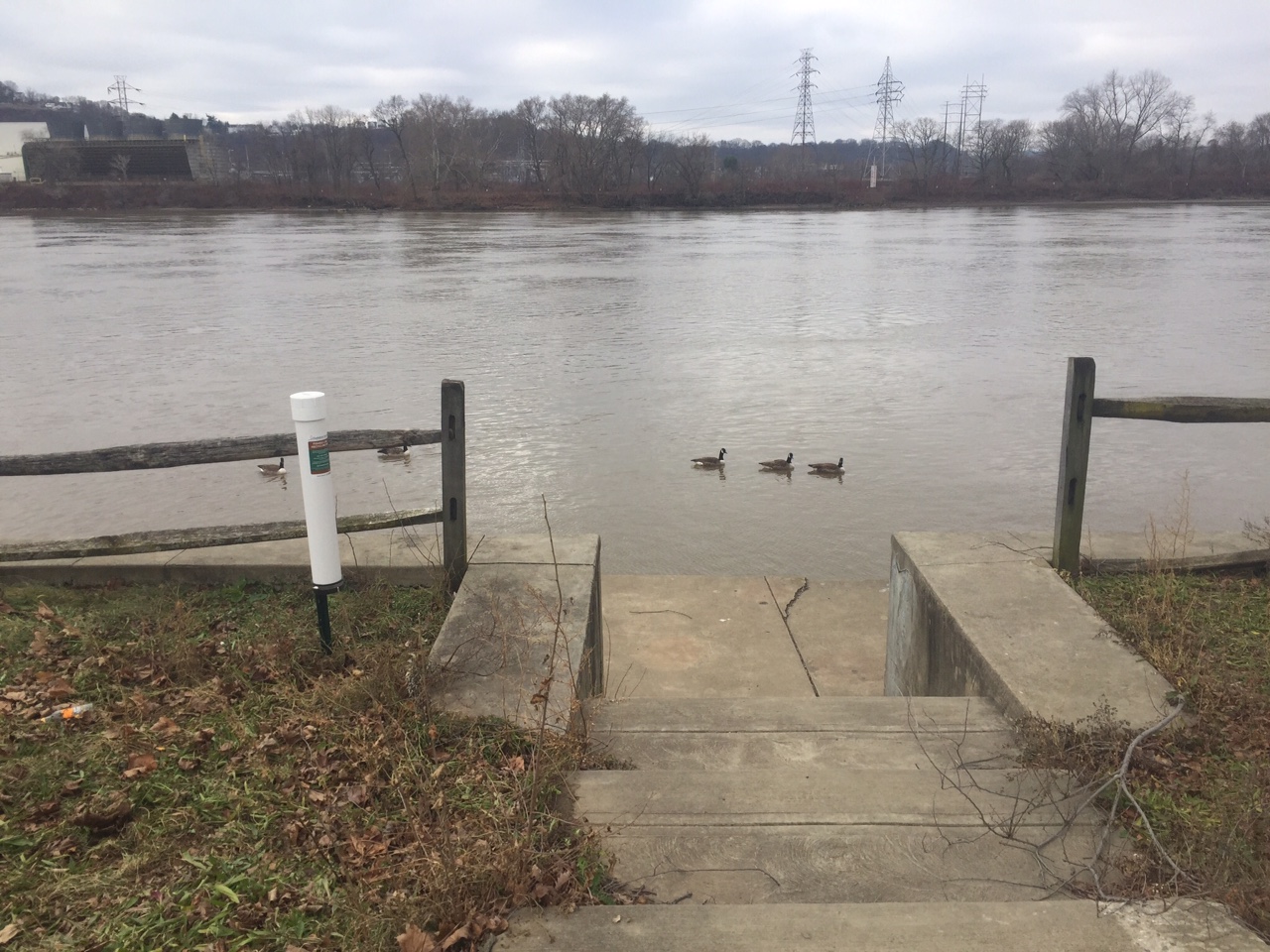Audubon Takes the Lead in Addressing Dangers of Fishing Line
Monofilament fishing line is an amazingly strong substance that can exist for years in the environment. More than one million birds die each year from marine debris including discarded fishing line, according to the National Oceanic and Atmospheric Administration. When animals get caught in monofilament line, it's often a slow and agonizing death. Starvation is the most common demise for these birds and animals as the line wraps around their neck or accumulates in the stomach, preventing the ingestion of food. It can also immobilize the animals by entangling the legs, securing them to stationary objects.
Audubon is taking the lead in addressing this serious environmental issue locally by enlisting the help from our inaugural Master Birder class. Participants in this course commit to volunteer a minimum of 50 hours to ASWP for at least each of the two years following the end of the program.
Recycling bin sites were identified with the help of the public. The bins are regularly emptied and maintained by ASWP volunteers. Collected monofilament line is sent to the Berkley Conservation Institute, which recycles the discarded line into new products. Project impacts include the removal of large amounts of discarded monofilament fishing line from the environment, while significantly reducing threats to birds and wildlife. The collection of line and the established recycling bins help to raise awareness of the threat that fishing line poses when improperly discarded. The project also fosters stewardship of our local environment and helps local bird and animal populations.
ASWP fishing line recycling bins are located throughout the region, including:
The Deer Creek Boat Ramp
43rd Street at the Allegheny River (Three Rivers Heritage Trail in Lawrenceville)
Carnegie Lake in Highland Park
Riverfront Park in the South Side
Doerr Street near the Ohio River (Three Rivers Heritage Trail)
Raccoon Creek State Park
Dougherty Nature Trail Extension in Etna
Canonsburg Lake
Carnegie Lake in Highland Park
Suggestions for additional bin locations may be emailed to ASWP’s conservation director at [email protected]
